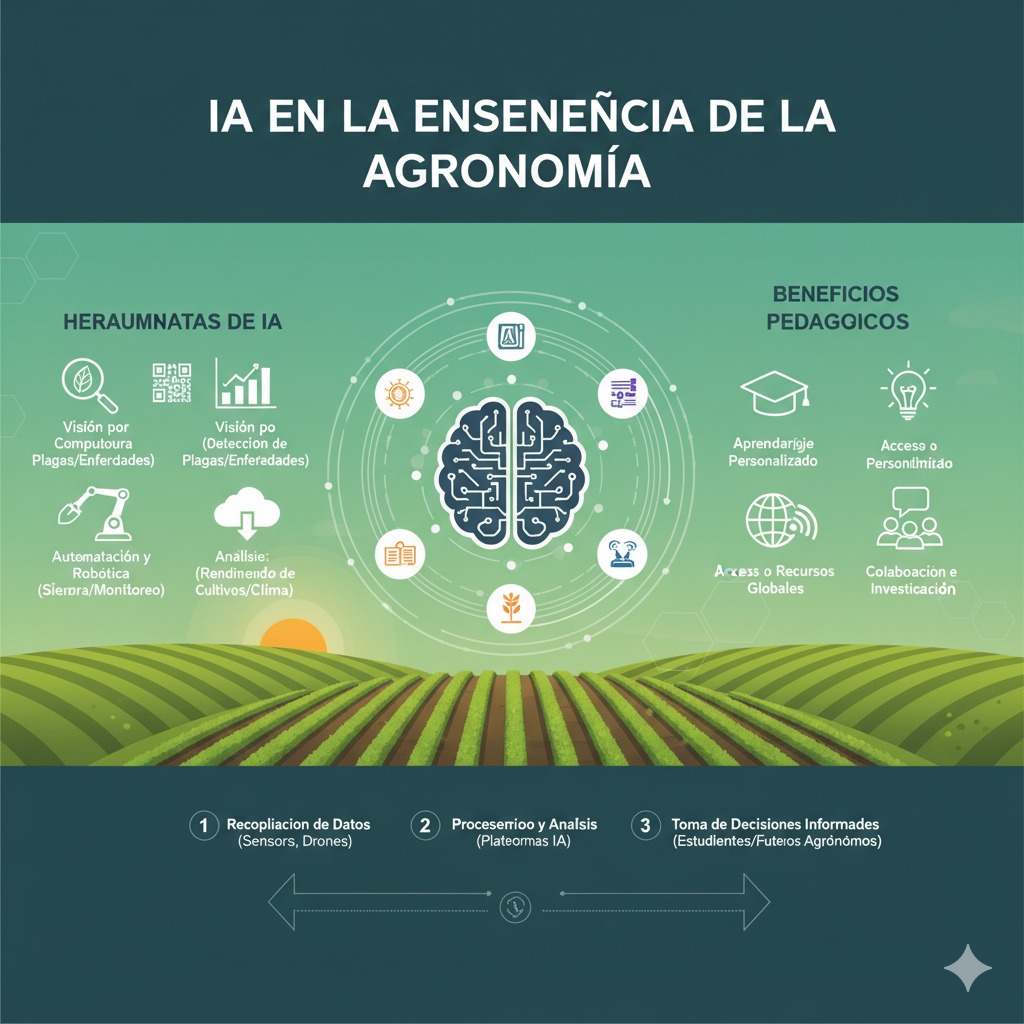Uso de un sistema de inteligencia artificial para el aprendizaje de fertilización orgánica con análisis probit
DOI:
https://doi.org/10.37711/desafios.2025.16.2.7Resumen
Objetivo. Evaluar el impacto de un sistema de inteligencia artificial (IA) especializado en recomendaciones de fertilización orgánica basada en datos de suelos y cultivos locales sobre el aprendizaje de estudiantes de Agronomía. Métodos. Se empleó un diseño cuasiexperimental con una muestra de 200 estudiantes de educación superior de la carrera de Agronomía. Se aplicó un cuestionario validado y se utilizó un modelo econométrico probit para estimar la probabilidad de éxito académico. Resultados. Los resultados indican que el uso de la IA incrementó significativamente la probabilidad del aprendizaje efectivo (B =0,896, p = 0,0023). La experiencia previa en agricultura muestra un efecto marginalmente significativo, mientras que variables como la edad, el género y el semestre académico no influyen de manera significativa. Conclusiones. La IA contextualizada es una herramienta pedagógica eficaz para mejorar la comprensión de la fertilización orgánica en estudiantes de Agronomía, promoviendo una educación agrícola más sostenible, resiliente y equitativa.
Descargas

Publicado
Número
Sección
Licencia
Derechos de autor 2025 Marco Vizuete Montero

Esta obra está bajo una licencia internacional Creative Commons Atribución 4.0.
a. Los autores conservan los derechos de propiedad intelectual (copyright) de las obras publicadas, cediendole a la revista el derecho de primera publicación.
b. Los autores retienen sus derechos de marca y patente, y también sobre cualquier proceso o procedimiento descrito en el artículo.
c. Los autores retienen el derecho de compartir, copiar, distribuir, ejecutar y comunicar públicamente el artículo publicado en la RD (por ejemplo, colocarlo en un repositorio institucional o publicarlo en un libro), con un reconocimiento de su publicación inicial en la RD.
d. Los autores retienen el derecho a hacer una posterior publicación de su trabajo, de utilizar el artículo o cualquier parte de aquel (por ejemplo: una compilación de sus trabajos, notas para conferencias, tesis, o para un libro), siempre que indiquen la fuente de publicación (autores del trabajo, revista, volumen, número y fecha).














